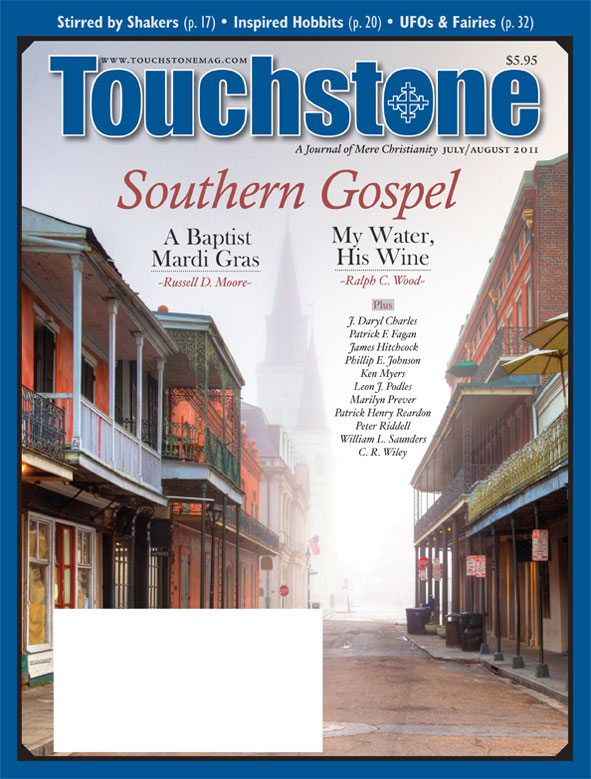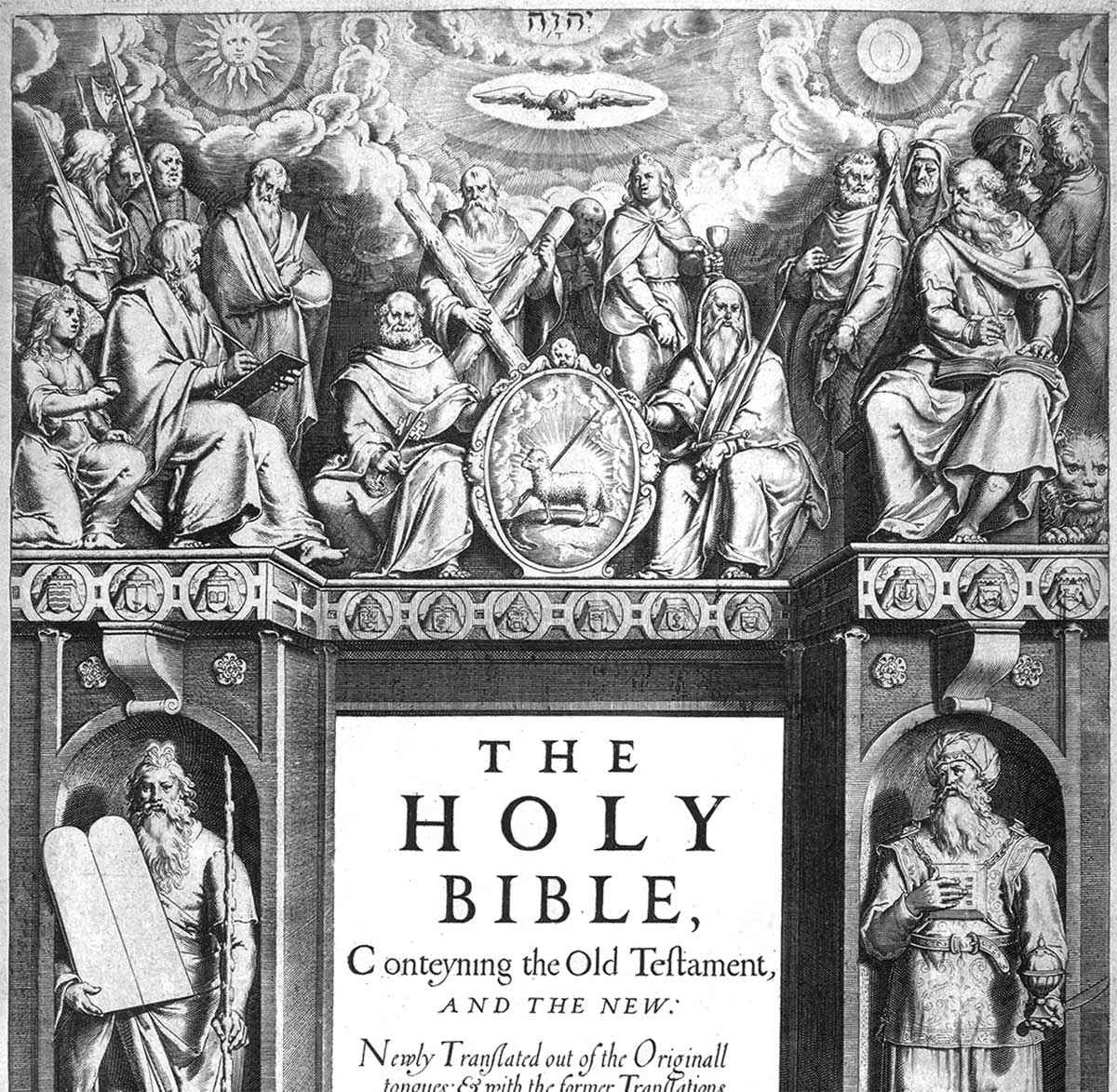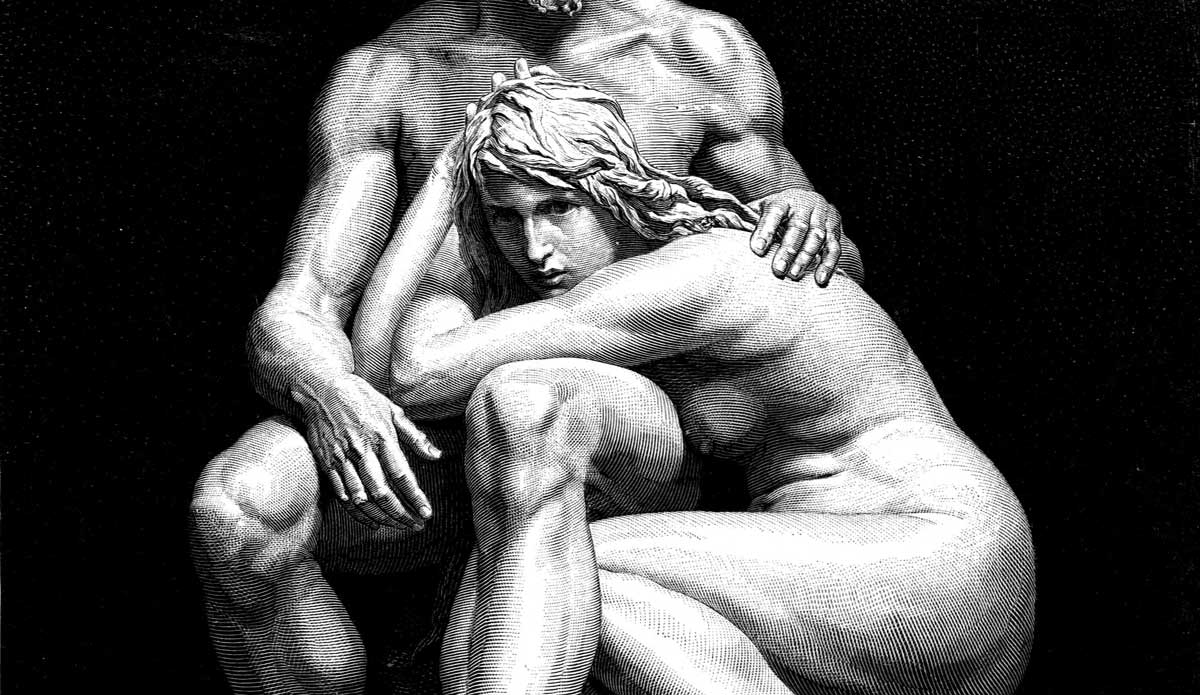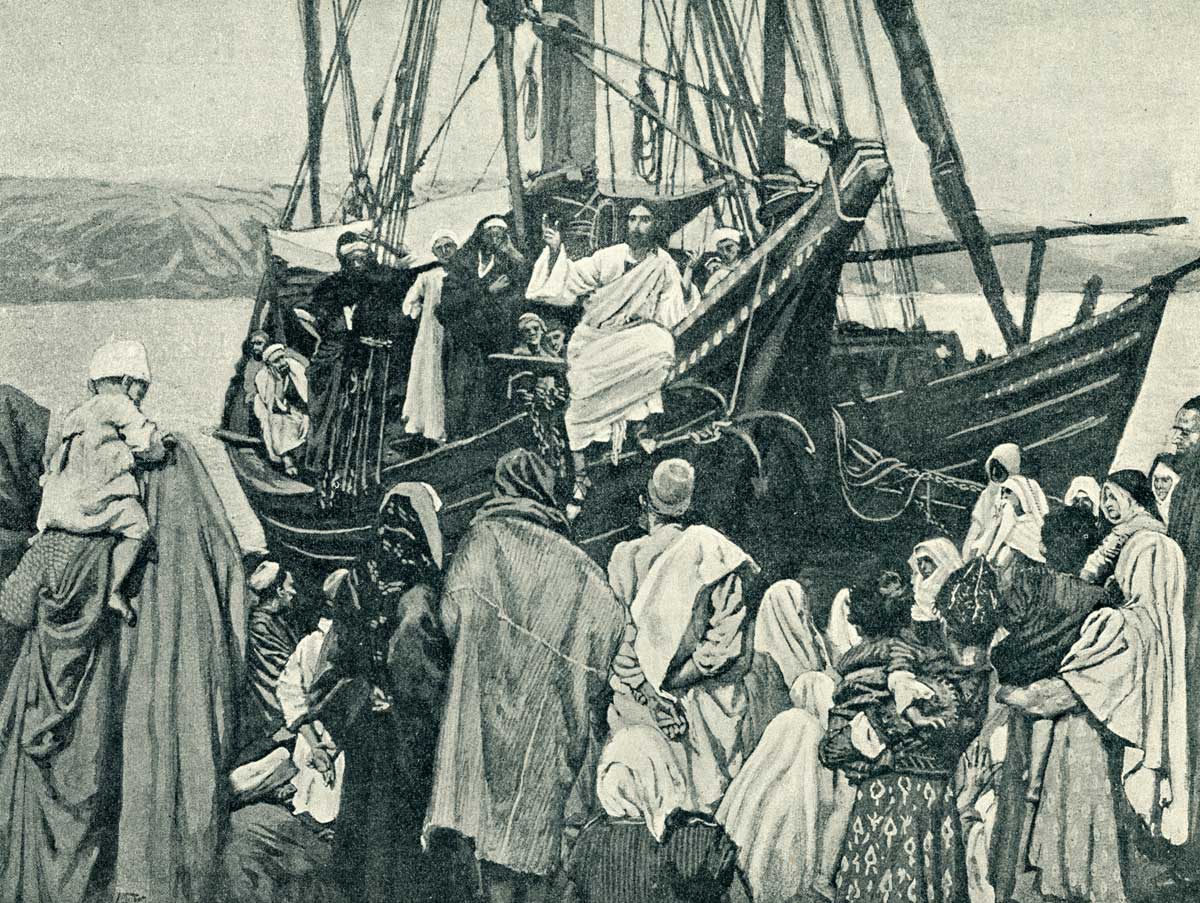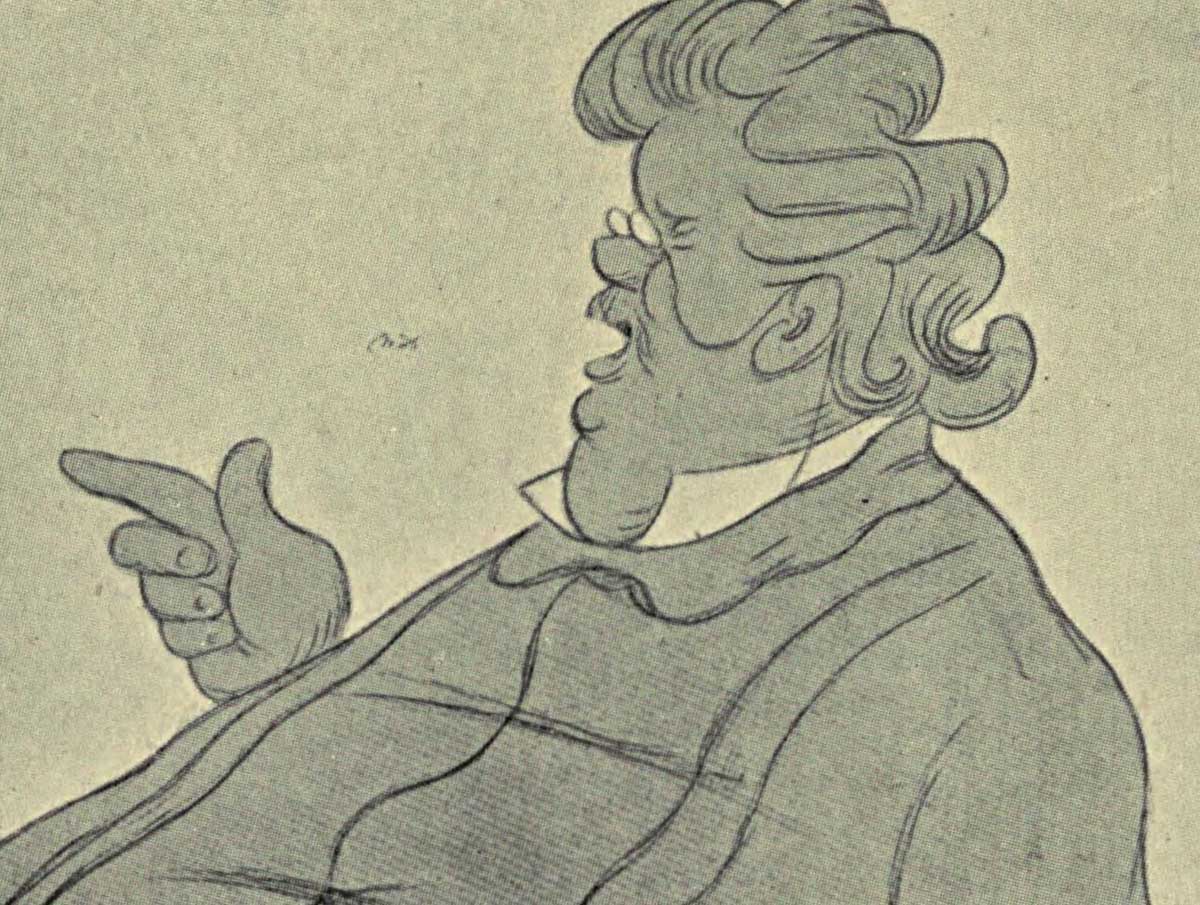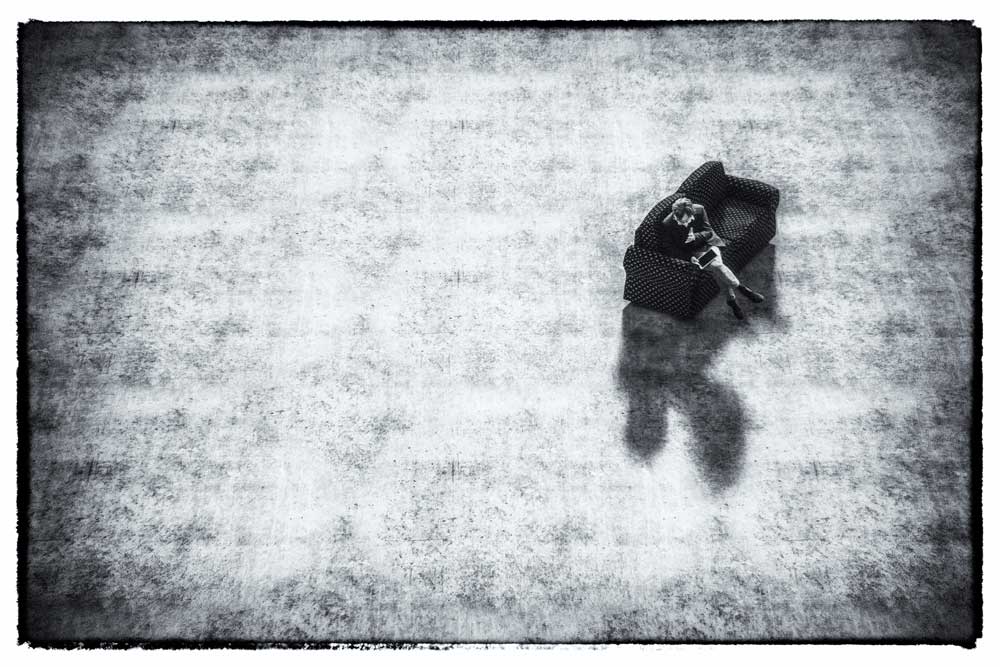Mardi Gras For All
Russell D. Moore on Growing Up Baptist Among Bible Belt Catholics
There’s nothing quite as bleak as a city street the morning after Mardi Gras. The steam of the humidity rises silently over asphalt riddled with forgotten doubloons, broken bottles, littered cigarettes, used condoms, clotted blood, and mangled vomit. This sight was, for some of the convictional Evangelicals in my hometown, a parable of what was wrong with Roman Catholicism. I wasn’t so sure.
I am a product of “Evangelicals and Catholics Together.” By that I don’t mean the 1994 statement of cultural co-belligerency led by Chuck Colson and Richard John Neuhaus. I mean that since my father was the son of a Southern Baptist preacher and my mother was a Roman Catholic, I am, quite literally, the product of an Evangelical and a Catholic, together. Half my family was Southern Baptist and the other half Roman Catholic, and my family divide perfectly summed up the larger community around us.
Biloxi, my quirky little strip of home on the Gulf Coast of Mississippi, was discovered by the French, and supplemented in that heritage with an influx of immigrants drawn to work in the seafood industry. “Vuyovich,” “Stanovich,” and “Nguyen” were as common names on my class roles as “Smith” and “Jones.” This meant that my hometown was an outpost of a Catholic majority situated right at the bottom of the Bible Belt of the old Confederacy.
Being situated just over the state line from the Big Easy, we were more New Orleans than Tupelo, and I lived in the worlds of both southern Evangelicalism and southern European Catholicism. I could see the best side of either and the dark sides of both. I saw Catholic casino-night fundraisers and contentious Baptist business meetings, and neither seemed to look much like the Book of Acts.
Catholic Mardi Gras
When it came to the ecclesial divide between the Catholics and Evangelicals all around me, I was sure there must be some big differences that resulted in something as historic as the Protestant Reformation. But I never heard the names of any of the Reformers in my Baptist Sunday school, let alone the so-called solas at the heart of the sixteenth-century controversies. We were told that Catholics didn’t have a personal relationship with Jesus and that they paid too much attention to Mary, but neither of those things seemed to describe my devout Catholic relatives.
Day to day, the differences between the Catholics and the Evangelicals were less theological than cultural. To my friends and me, they seemed to amount to little more than who had a black spot on his forehead once a year, and whose parents drank beer right out in the open. For the grown-ups—or at least for the grown-ups outside my mixed-together family—these differences seemed to matter a lot. And they could be summed up in Mardi Gras.
Those who grew up outside the orbit of New Orleans probably think of the holiday simply in terms of the debauchery they’ve seen on television, but the broadcast carnality (although certainly part of it) doesn’t tell the whole story. I loved (and love) Mardi Gras, although I used to feel guilty about that. What I saw of Mardi Gras were the traditions and rituals—king cakes and parades and candy and days off school—rather than the full Bourbon Street experience.
Drunkenness and immorality are, of course, indefensible in a Christian ordering of the world, but at its most innocent level, Mardi Gras is a dramatic presentation of some important biblical themes. It is rooted in, among other things, God’s provision for the prophet Elijah who, like Jesus, went out into the wilderness to fast for forty days. Before the prophet went out, the angels gave him “a cake baked on hot stones,” and he survived his fasting on the strength of that sustenance (1 Kings 19:6–8). Mardi Gras, “Fat Tuesday,” is the day before Ash Wednesday, the onset of Lent, the forty days of fasting rooted in Jesus’ time without food in the wilderness.
Russell D. Moore is president of the Ethics and Religious Liberty Commission of the Southern Baptist Convention. He is a senior editor of Touchstone.
subscription options
Order
Print/Online Subscription

Get six issues (one year) of Touchstone PLUS full online access including pdf downloads for only $39.95. That's only $3.34 per month!
Order
Online Only
Subscription

Get a one-year full-access subscription to the Touchstone online archives for only $19.95. That's only $1.66 per month!
bulk subscriptions
Order Touchstone subscriptions in bulk and save $10 per sub! Each subscription includes 6 issues of Touchstone plus full online access to touchstonemag.com—including archives, videos, and pdf downloads of recent issues for only $29.95 each! Great for churches or study groups.
Transactions will be processed on a secure server.
more on bible from the online archives
more from the online archives
calling all readers
Please Donate
"There are magazines worth reading but few worth saving . . . Touchstone is just such a magazine."
—Alice von Hildebrand
"Here we do not concede one square millimeter of territory to falsehood, folly, contemporary sentimentality, or fashion. We speak the truth, and let God be our judge. . . . Touchstone is the one committedly Christian conservative journal."
—Anthony Esolen, Touchstone senior editor





